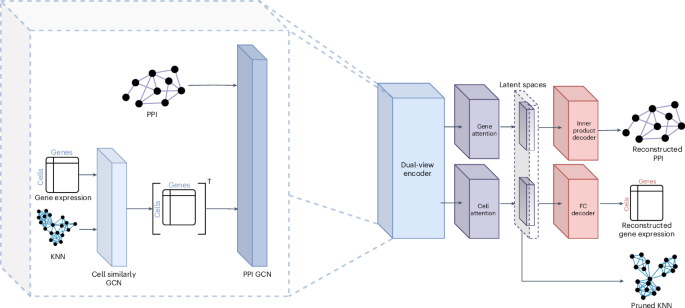March 19, 2025
Good book for Vector Calculus
I was learning Deep Learning. To clear the mathematical foundations, I learnt about gradient, the basis for gradient descent algorithm. Gradient comes under vector calculus. Along the way, I realised that I need a good reference book for vector calculus. Please suggest some good reference books for vector calculus. submitted by /u/Master_Jacket_4893 [comments] Source link




